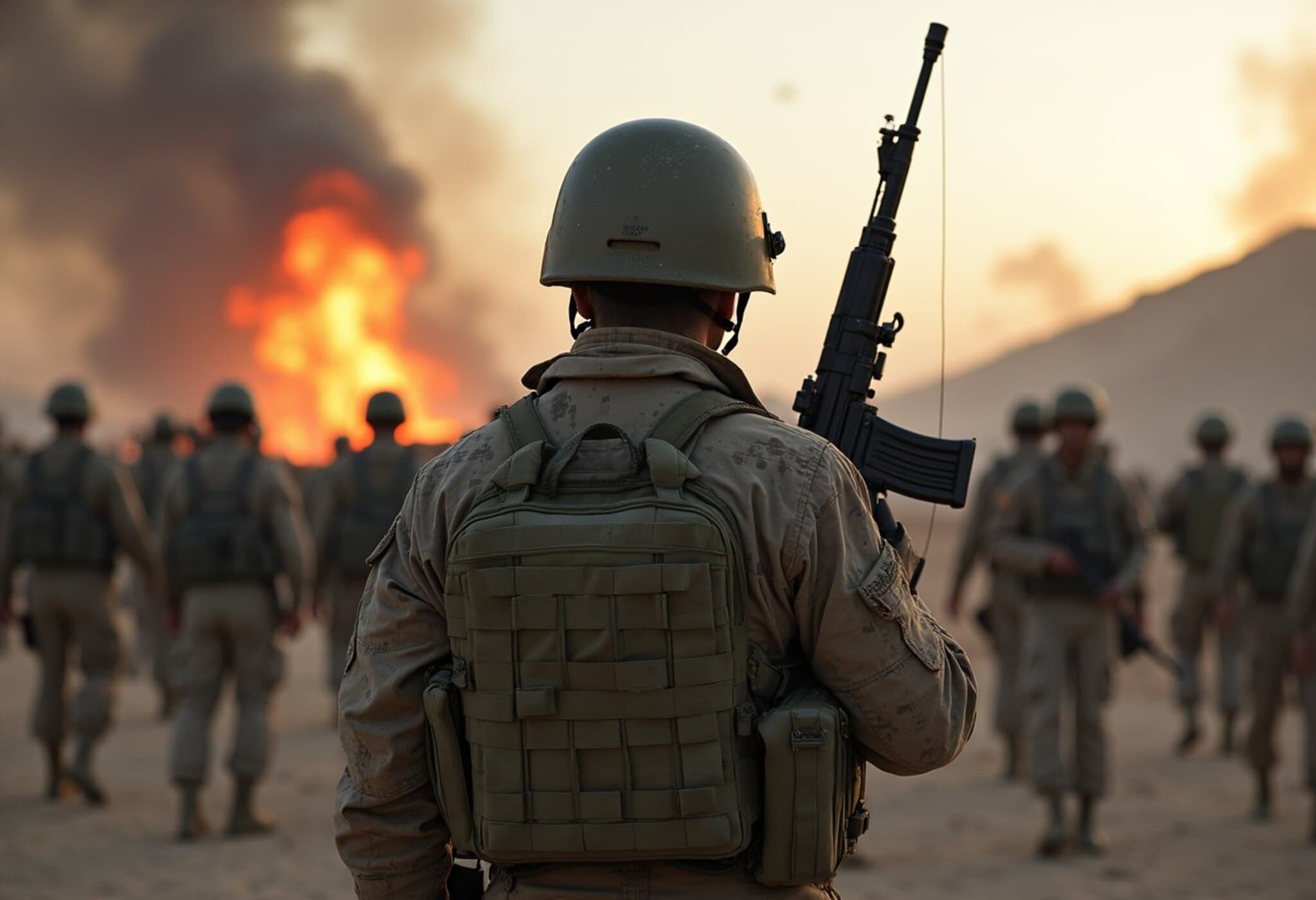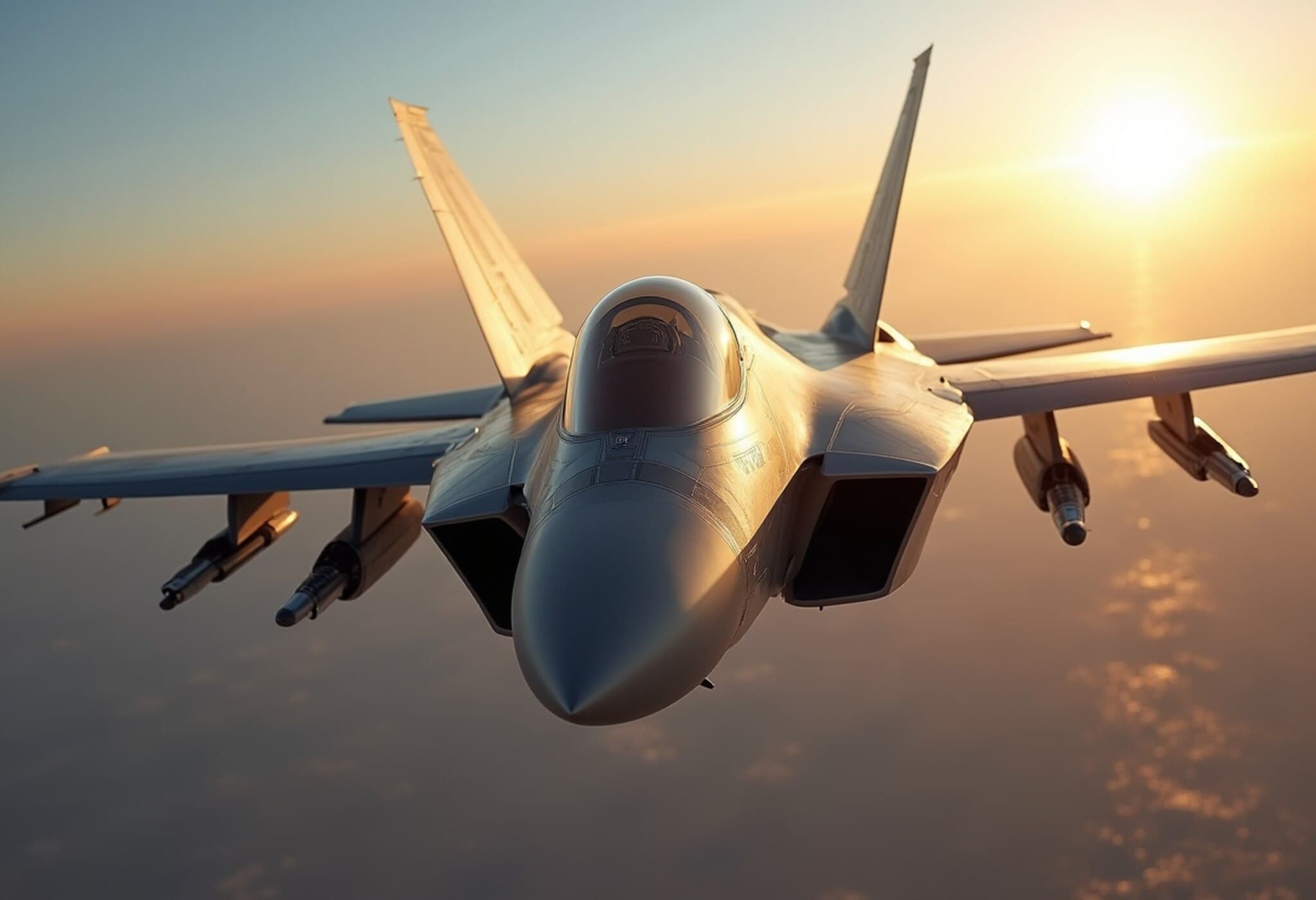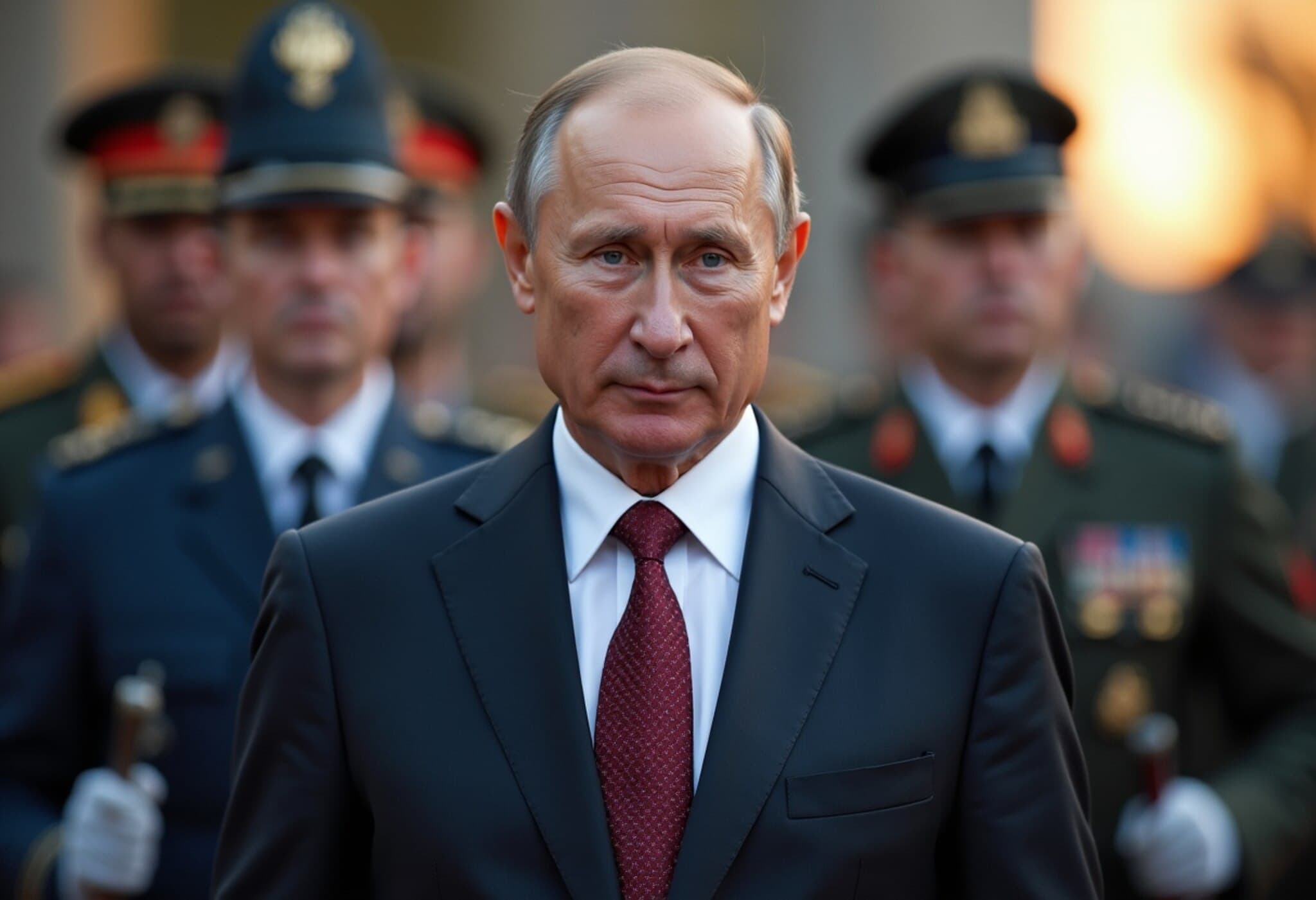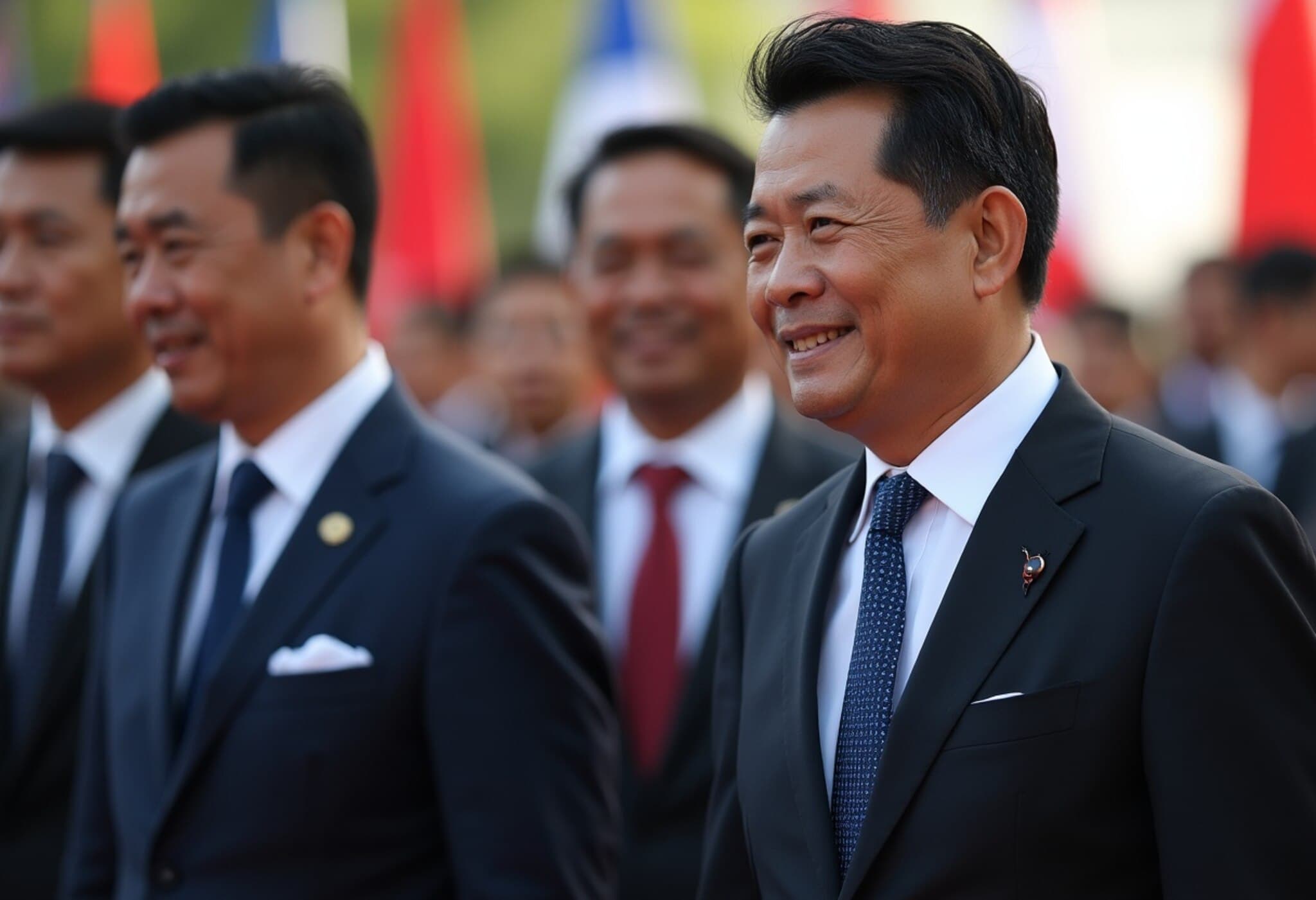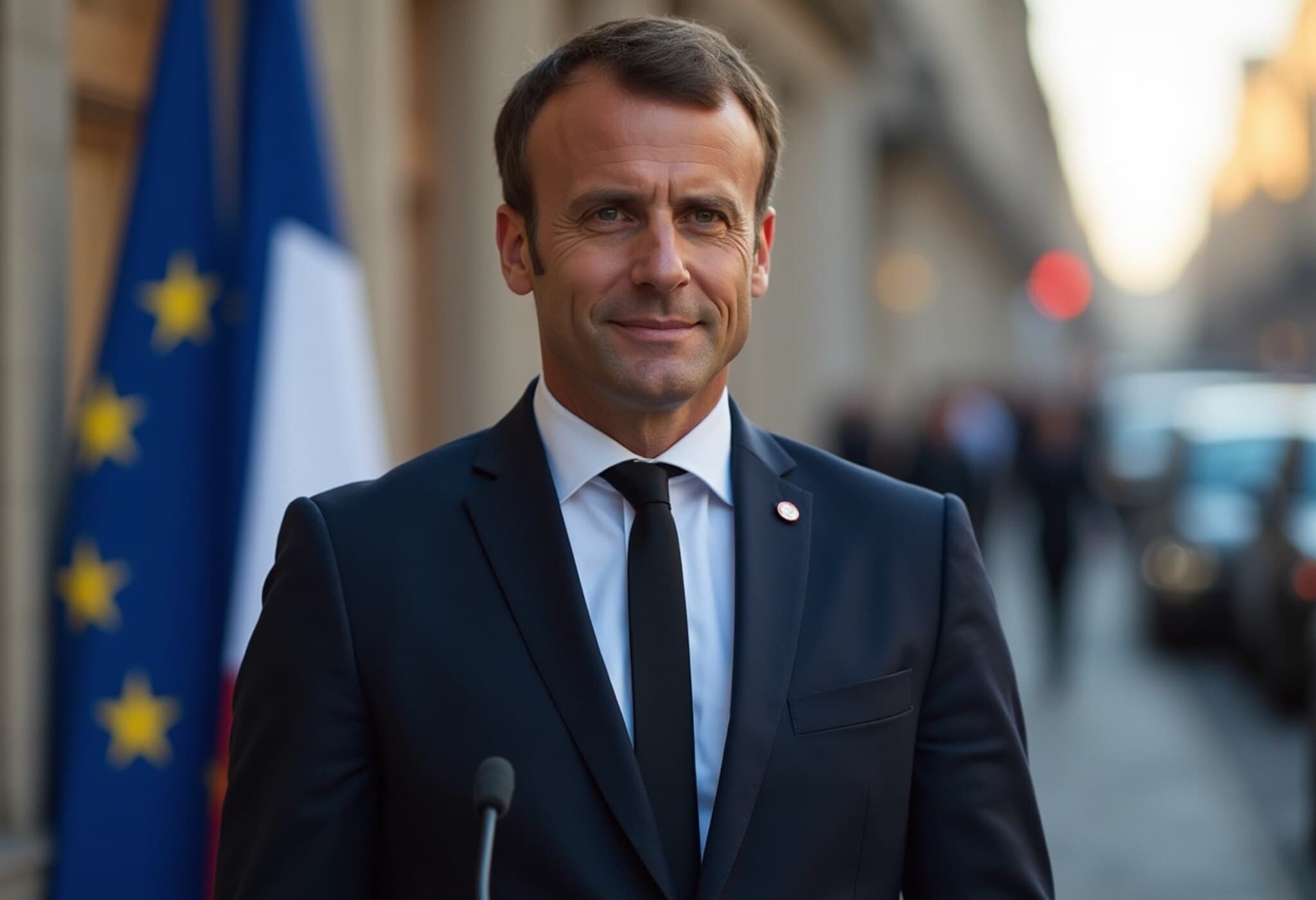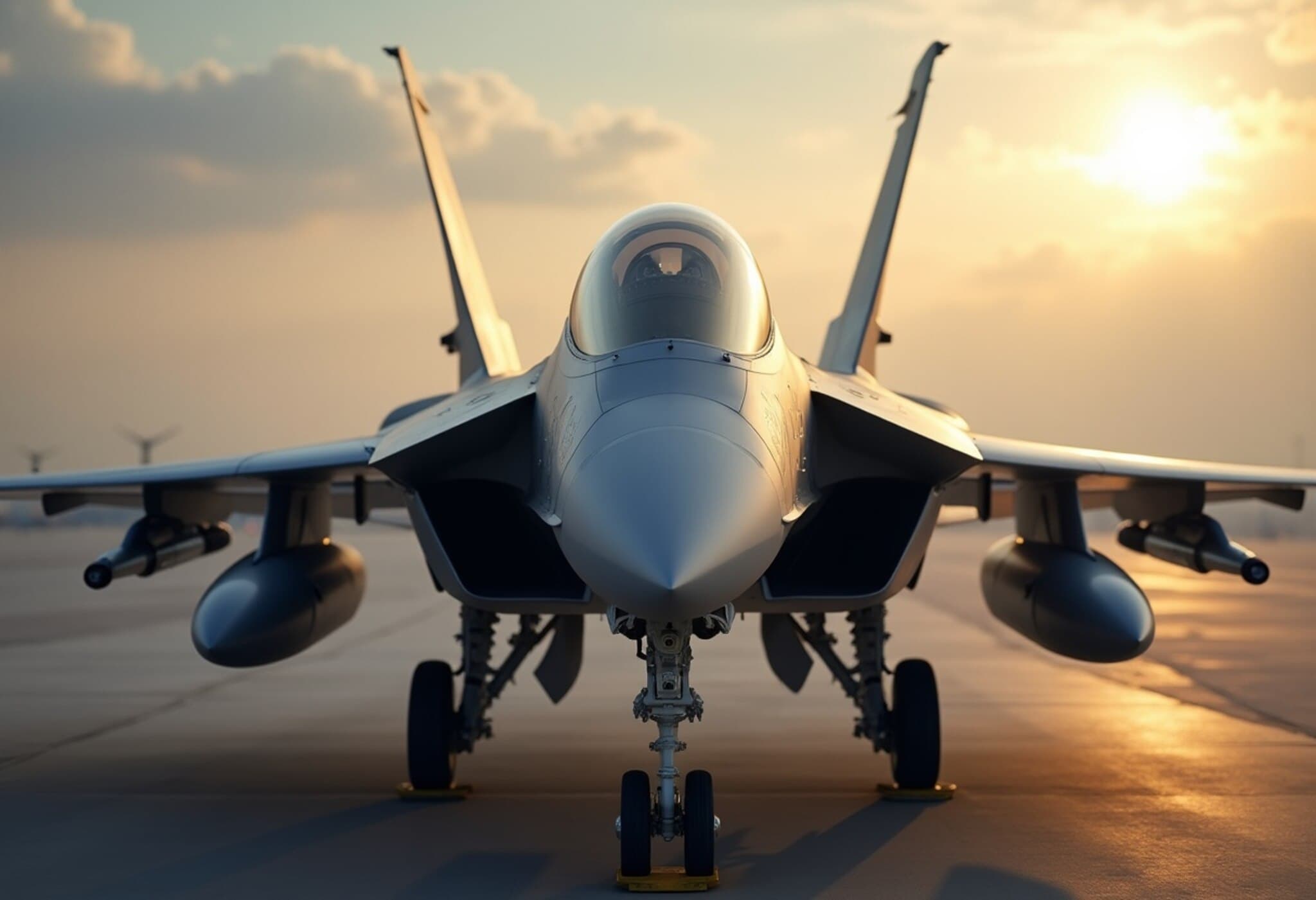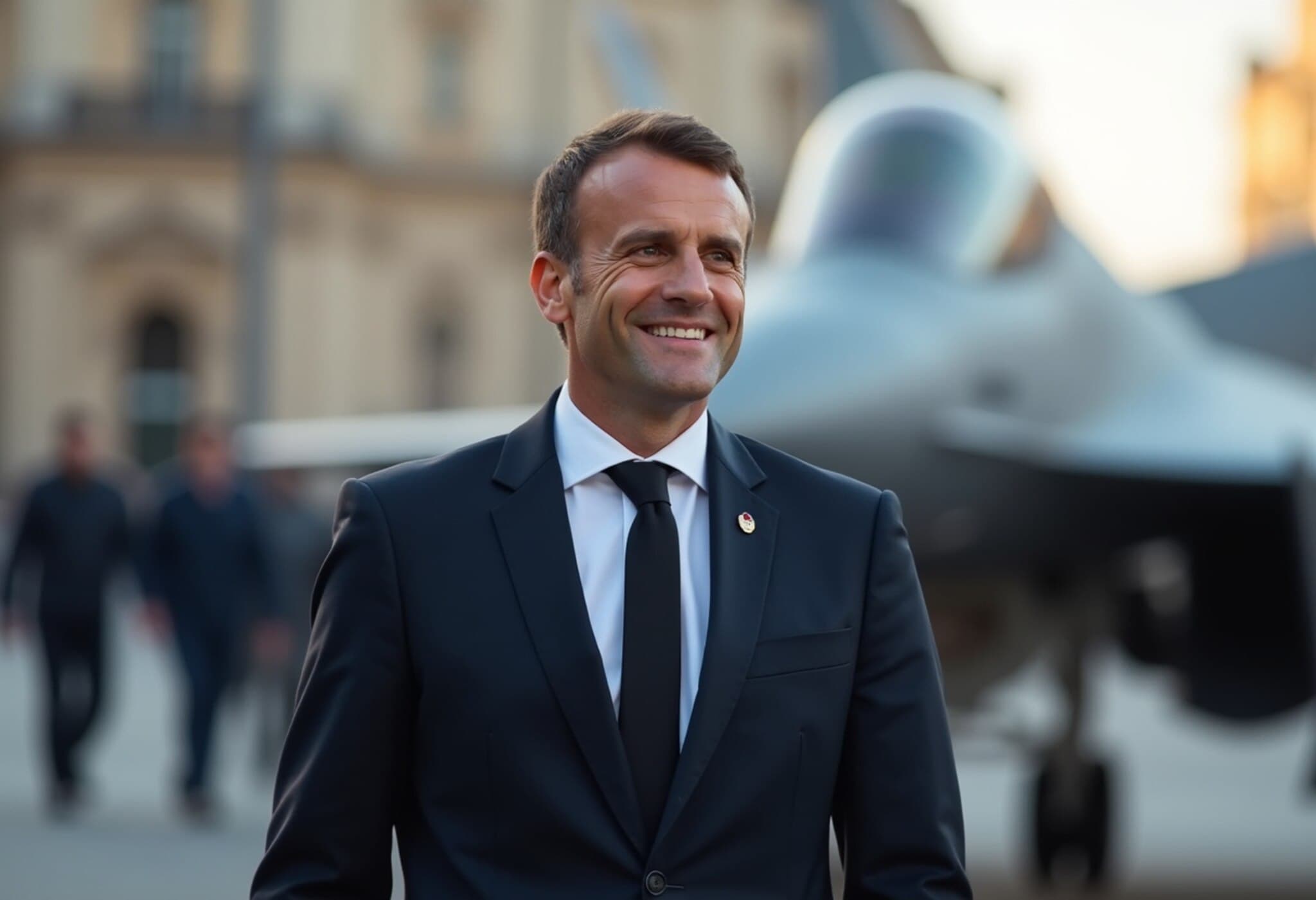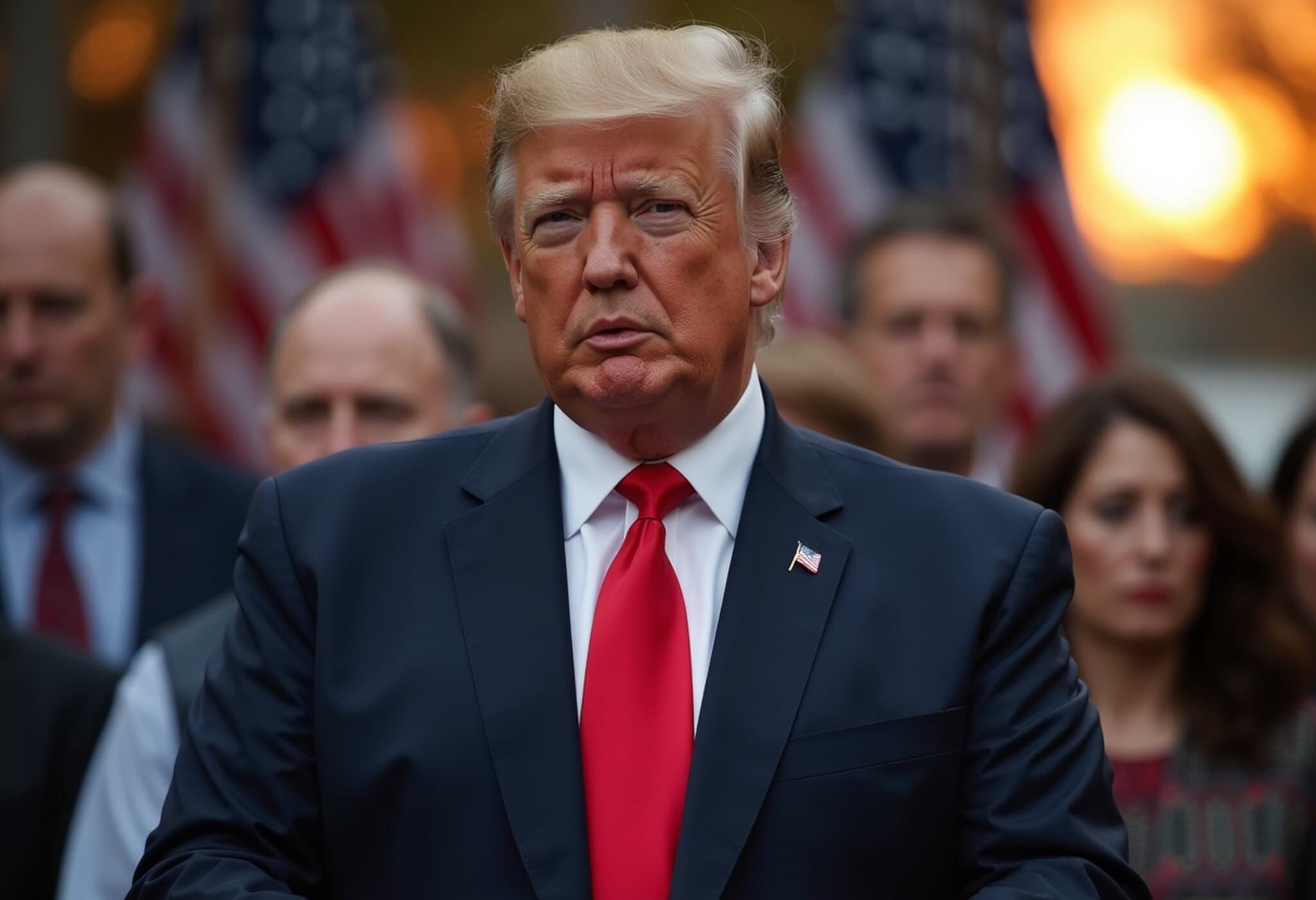China’s Diplomatic Push to Discourage Rafale Jet Purchases Exposed
In a revealing exposé, French intelligence agencies have uncovered a covert campaign by China leveraging its diplomatic channels to cast doubt on the performance of the Dassault Rafale fighter jet—particularly after its prominent use by India in Operation Sindoor, the May 2025 military strike against Pakistan. This revelation underscores the strategic rivalry playing out not just on the battlefield, but in the global arms market.
Embassies as Battlefields: The Subtle Art of Disinformation
According to French security officials speaking anonymously to The Associated Press, Chinese defense attaches stationed in various embassies actively sought to dissuade existing and prospective Rafale buyers. Their mission was twofold: discourage nations already operating Rafales from expanding their fleets and promote Chinese-made fighter jets as superior alternatives.
Campaign tactics reportedly included deploying over 1,000 newly created social media accounts spreading manipulated images, AI-generated videos simulating defective aircraft in combat, and viral content projecting China’s technological superiority. This digital offensive exploited emerging technologies often used in online disinformation, blurring the lines between fact and fiction.
The Stakes for France and Its Defense Industry
The Rafale isn’t just a warplane; it’s a critical asset for France’s stature in the global defense industry and diplomatic relations. Dassault Aviation has sold 533 Rafales in total, with 323 units delivered internationally — to countries including India, Egypt, Greece, Qatar, Croatia, Serbia, UAE, and most recently Indonesia (which has ordered 42 jets and is considering expanding its order).
The significance of the Rafale goes beyond commerce. It embodies France’s geopolitical aspirations, especially in Asia where China is aggressively asserting its military dominance. Successfully selling Rafales can strengthen defense partnerships and balance China’s influence in the Indo-Pacific region.
China’s Official Response and Global Context
Unsurprisingly, China’s Ministry of National Defense dismissed these allegations as “groundless rumors and slander,” emphasizing a commitment to “prudent and responsible” military exports that aim to maintain peace and stability.
Yet, these tactics form part of a broader context where defense procurement is a proxy for strategic influence. Countries seeking to modernize their air forces weigh not only technical capabilities and costs but also political implications — including pressures from powerful suppliers like China attempting to dominate regional arms sales.
Expert Commentary: The Growing Influence of Hybrid Warfare in Arms Sales
Experts note that this episode exemplifies the emerging battlefield of hybrid influence campaigns. Dr. Elise Martin, a defense analyst specializing in international arms trade, explains, “The surge in artificial intelligence and social media manipulation has transformed how great powers contest influence. It’s no longer just about hardware but controlling the narrative around that hardware.”
She adds, “For buyers, especially in regions like Southeast Asia, this creates a challenging environment. Decision-makers must critically navigate between promotional propaganda and real performance data, complicating procurement decisions.”
Looking Ahead: What This Means for Global Defense Markets
- Heightened Geopolitical Tensions: The Rafale controversy reveals the extent to which defense sales are entwined with geopolitics, particularly amid the China-India rivalry and shifting alliances in Asia.
- Increased Scrutiny on Information Warfare: Governments and manufacturers may need to invest more in countering disinformation campaigns targeting key defense technologies.
- Implications for Buyer Nations: Countries like Indonesia face complex choices that balance strategic needs, international partnerships, and the influential narratives pushed by competing powers.
Editor’s Note
This investigation sheds light on a subtle but critical front of modern military competition: the war for perception and influence surrounding advanced weaponry. As great powers like China and France vie for dominance in the global arms market, transparent and credible information becomes paramount. Readers are invited to consider how rising digital disinformation tactics might affect not only defense procurement but broader international trust and security.



